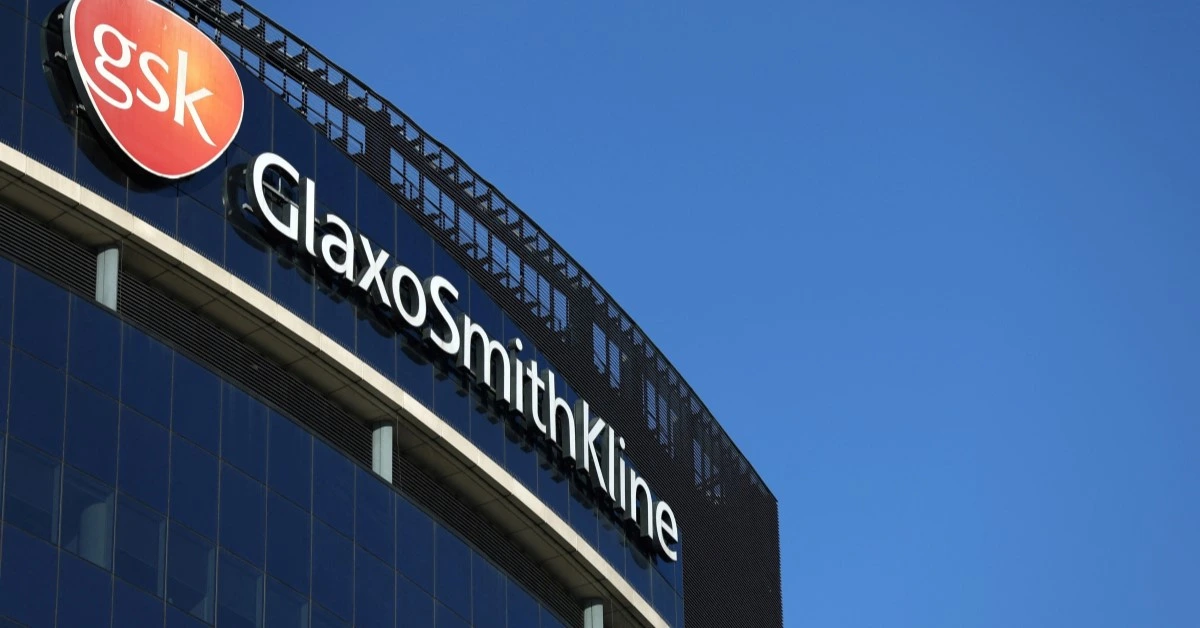
UK – In a major step toward advancing research on immune-related diseases, GSK has announced a £50 million (US $54.3 million) investment in a new partnership with the University of Cambridge and Cambridge University Hospitals.
The five-year initiative, named the Cambridge-GSK Translational Immunology Collaboration, aims to fast-track the development of innovative therapies for complex immune-related conditions, particularly in respiratory and kidney diseases.
The collaboration builds on the existing partnership between GSK and the University of Cambridge, aiming to refine treatments for immune-related diseases by deepening research into disease mechanisms, patient responses, and the development of translational biomarkers.
This approach will leverage advanced scientific methods to better understand disease progression and improve patient outcomes.
GSK’s chief scientific officer, Tony Wood, emphasized the importance of collaboration in research: “By combining Cambridge’s expertise with GSK’s understanding of the immune system and the use of AI in drug development, we can significantly advance treatments for patients dealing with complex diseases.”
Cambridge Biomedical Campus: A hub for innovation
The partnership will be centered at the Cambridge Biomedical Campus, a world-renowned center that integrates academia, healthcare, and industry.
The campus is supported by the National Institute for Health and Care Research Cambridge Biomedical Research Centre and provides a conducive environment for cutting-edge research.
Royal Papworth Hospital is also expected to join as a key partner, playing a crucial role in the collaboration’s focus on respiratory and kidney diseases.
The team will adopt a “translational” approach that integrates patient data with advanced technologies such as artificial intelligence (AI) and machine learning (ML) to develop more precise therapies.
This approach will enable the identification of potential treatments more quickly, improving the chances of addressing unmet medical needs.
GSK and Moderna patent disputes continue
In parallel to its research efforts, GSK is engaged in a legal battle with Moderna over patents related to messenger RNA (mRNA) vaccine technology.
GSK claims that its patents, acquired from Novartis in 2015, form the foundation of Moderna’s mRNA vaccine platform, including the development of its COVID-19 vaccine, Spikevax.
According to the lawsuit, a team led by former Novartis scientist Christian Mandl developed key formulations for mRNA vaccines.
GSK alleges that Moderna used these innovations without proper licensing, which led to the rapid development of its COVID-19 vaccine. GSK is seeking damages, licensing fees, and reimbursement of legal costs.
Other mRNA patent wars
The GSK lawsuit is one of several legal disputes related to mRNA technology.
Moderna has faced multiple patent challenges from other companies, including Arbutus Biopharma, Genevant Sciences, and Alnylam Pharmaceuticals, over intellectual property tied to mRNA delivery systems.
Additionally, BioNTech, Pfizer, and CureVac have all been involved in mRNA patent disputes, highlighting the intense competition and high stakes in this rapidly evolving field.
GSK’s lawsuit against Moderna follows its earlier legal action against Pfizer and BioNTech, accusing them of infringing on patents related to lipid nanoparticle technology used in mRNA vaccines.
XRP HEALTHCARE L.L.C | License Number: 2312867.01 | Dubai | © Copyright 2025 | All Rights Reserved